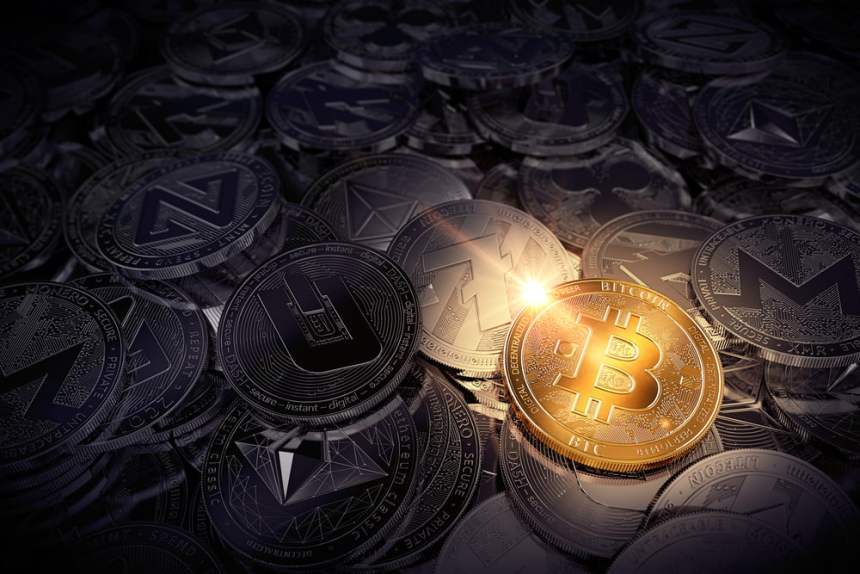Jack Dorsey, the founder of popular social media app Twitter and of the widely used payment processing service Square, has long been a notable proponent of Bitcoin, previously stating that he believes BTC could one day be the singular global currency.
Now, Dorsey is further doubling down on his bullishness for Bitcoin and crypto in general, explaining in a recent interview that he believes the internet – much like a country – will soon need to have a currency native to itself. But will Bitcoin be able to fill this need, or will upcoming centralized cryptos, like the one being offered by Facebook, pose stiff competition?
Dorsey: The Internet Will Have a Currency Native to Itself One Day, Will It Be Bitcoin?
Jack Dorsey has recently been investing heavily in Bitcoin, noting earlier this year that he was buying $10,000 worth of BTC each week. In the time since, it is highly likely that he has made a great profit on these investments, which may have further confirmed his belief about the future of Bitcoin.
In a recent interview with Quartz, Dorsey explained that he believes blockchain and cryptocurrency are one of the imperative trends taking place in tech and finance industry currently.
“The second secular trend is blockchain and cryptocurrency. And I guess the way I think about this is we have all these currencies for every nation state, but if you consider the internet to be the equivalent to a nation state, it will have a currency native to itself,” Dorsey explained.
Importantly, Dorsey also explained that no singular party or institution will be able to make or break this widespread adoption, due to the decentralized nature of the technology.
“There is not going to be any one party or institution that makes this happen, and there’s not going to be any one party or institution that can stop it from happening,” he stated.
Will BTC Be Able to Compete with Centralized Cryptocurrencies?
As of late, the crypto markets have faced a torrent of news regarding the upcoming Facebook cryptocurrency project, which may actually compete with Bitcoin while trying to garner widespread adoption globally.
Recently, news broke that Facebook was recruiting a number of massive corporations to help support its upcoming cryptocurrency, with names on the list including Uber, Stripe, Visa, Mastercard, and Booking.com.
Although this type of cryptocurrency is the pinnacle of a centralized asset, which runs counter to the credos held by many advocates of digital currency, its centralized-backing is helping it to garner major utility and adoption off the bat, which will likely continue to grow after it launches.
This leads to an inevitable question: will the massive adoption that comes along with centralization lead cryptocurrencies like the one being offered by Facebook to gain traction as a globally-utilized internet currency, or will people continue turning to decentralized options, like Bitcoin.
Featured image from Shutterstock.
